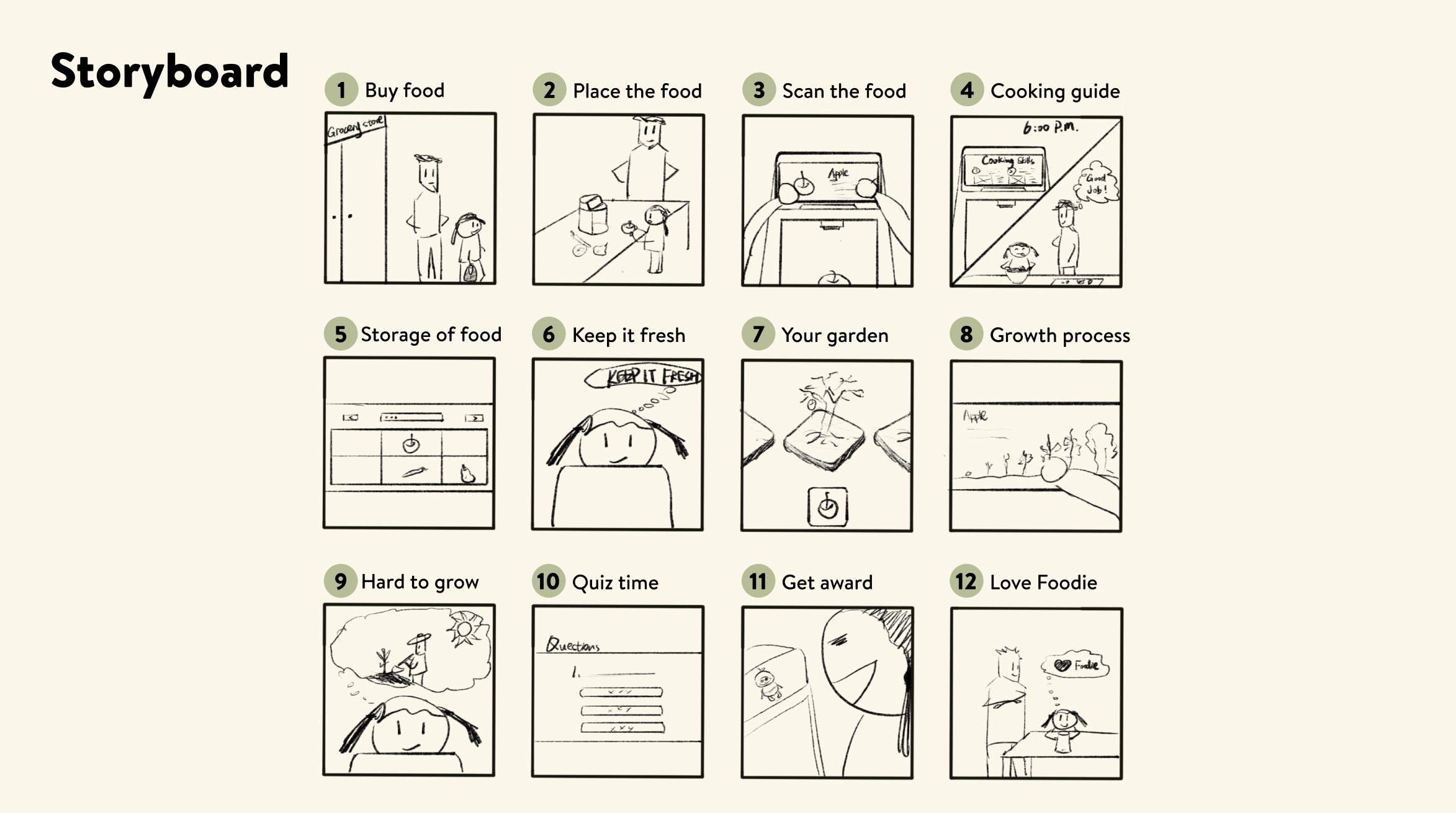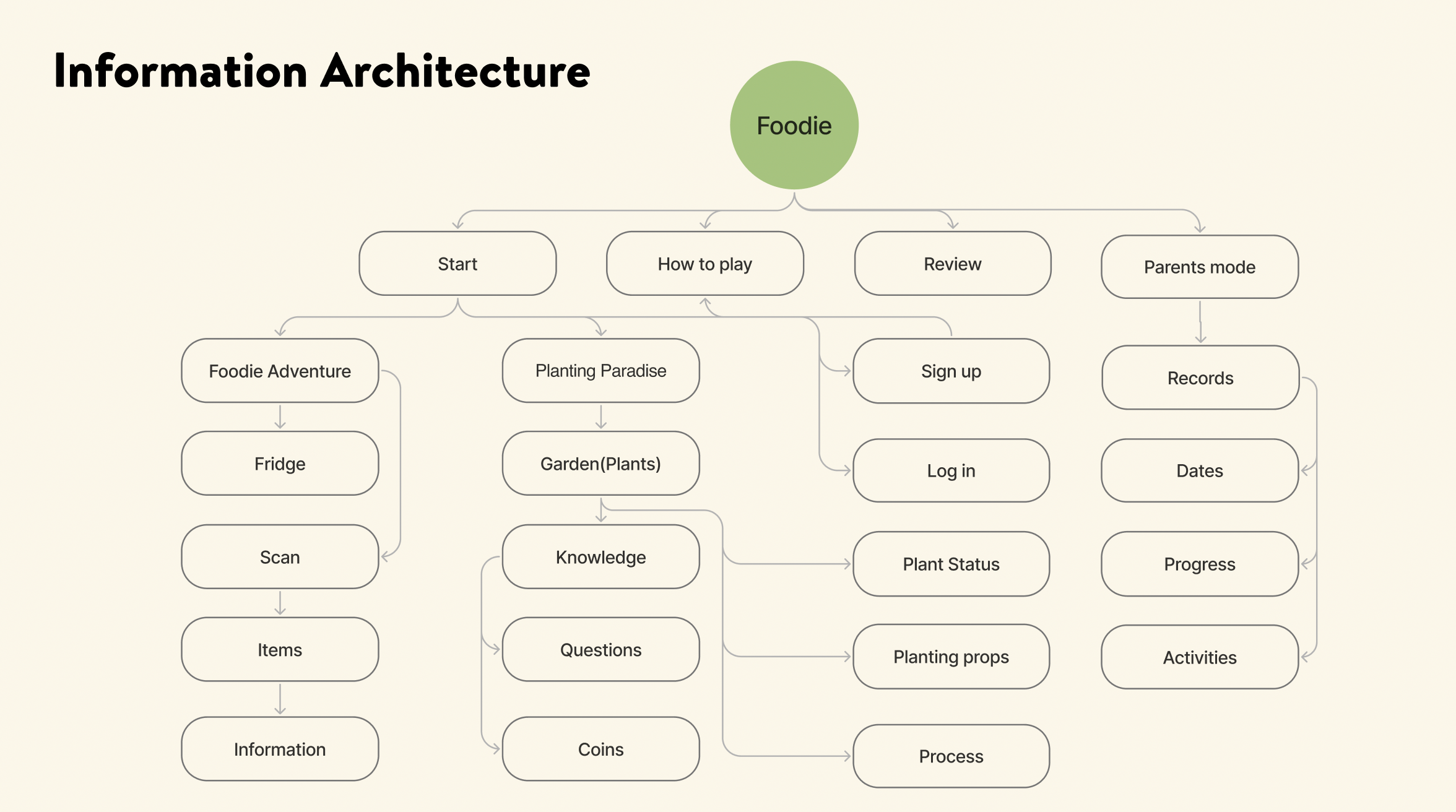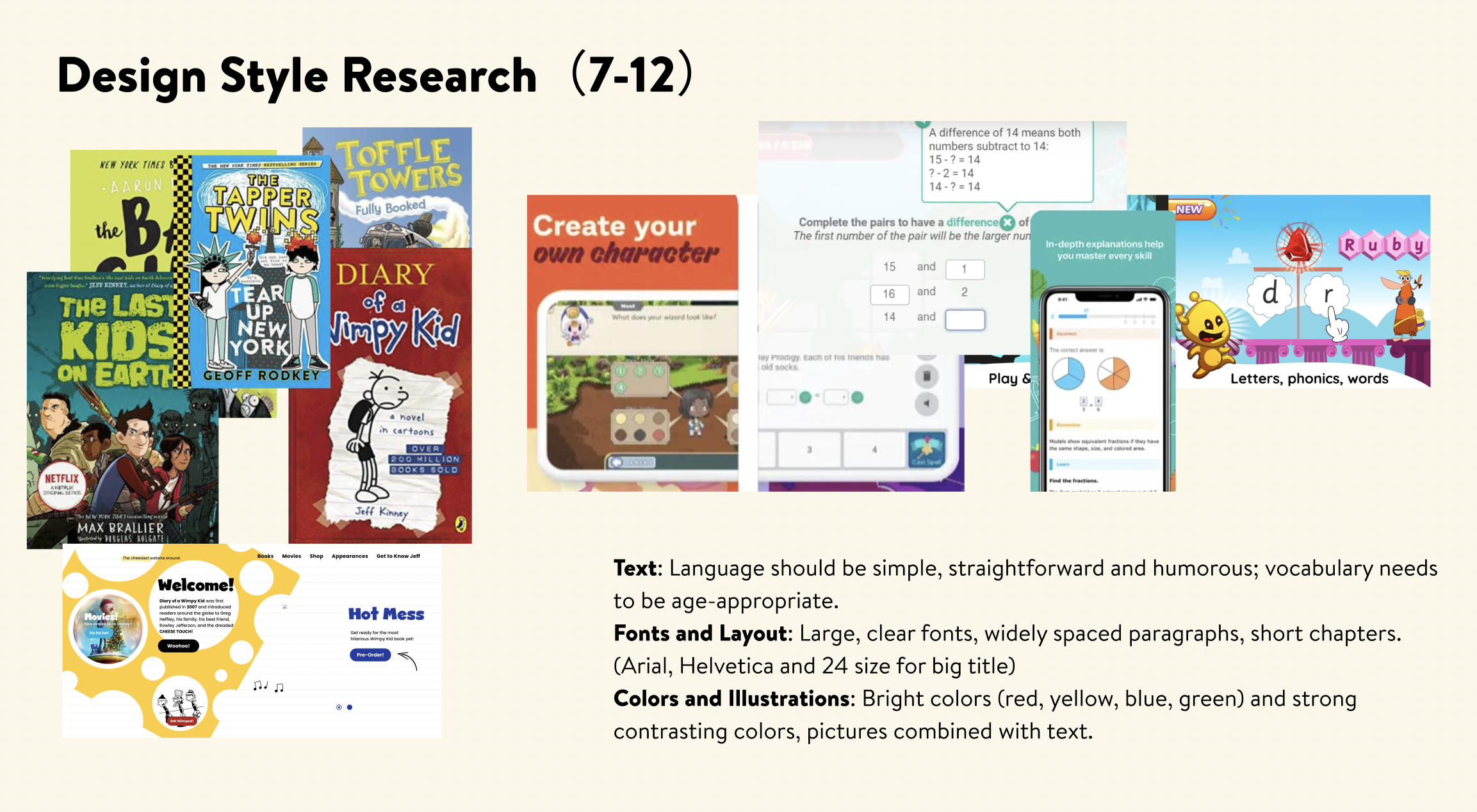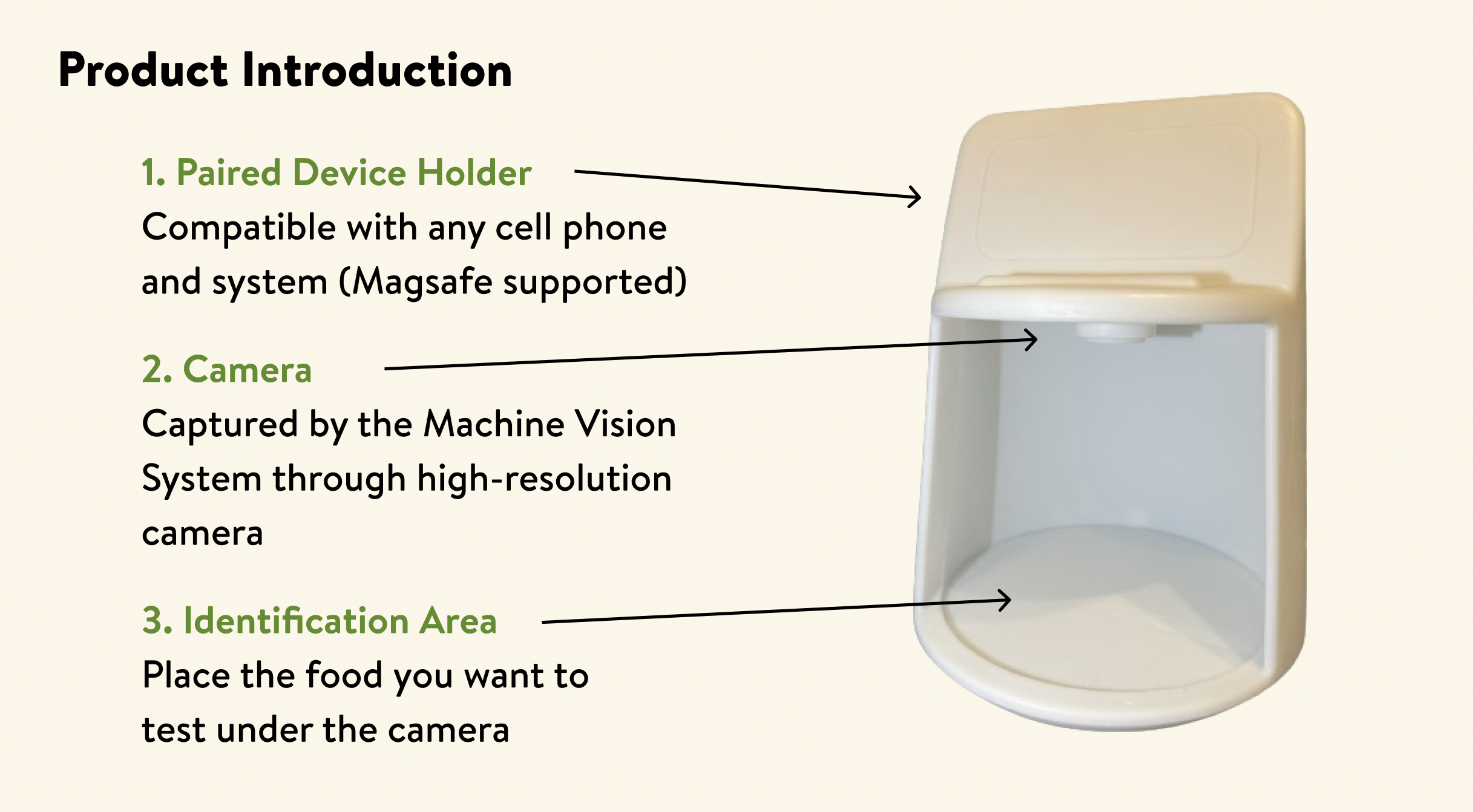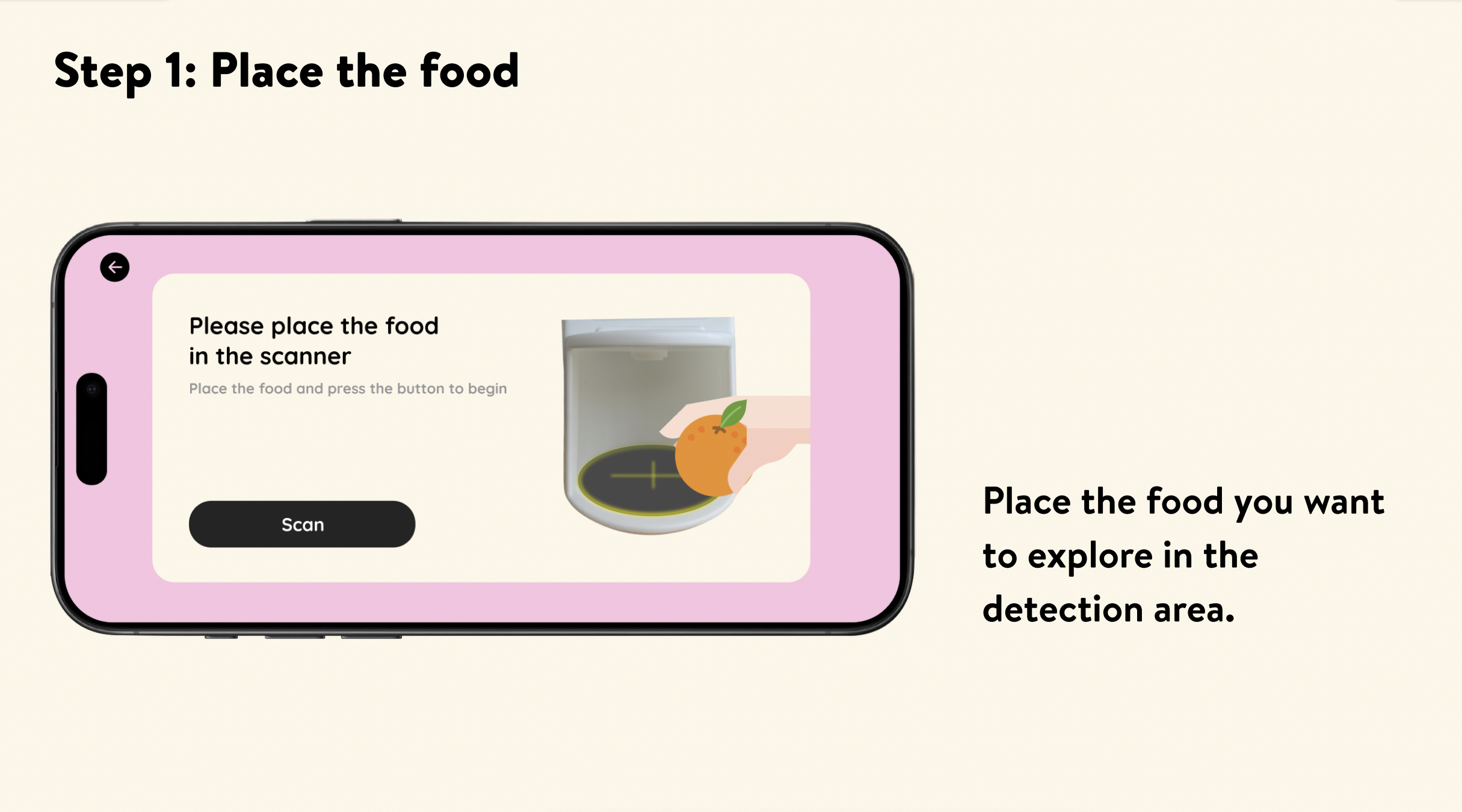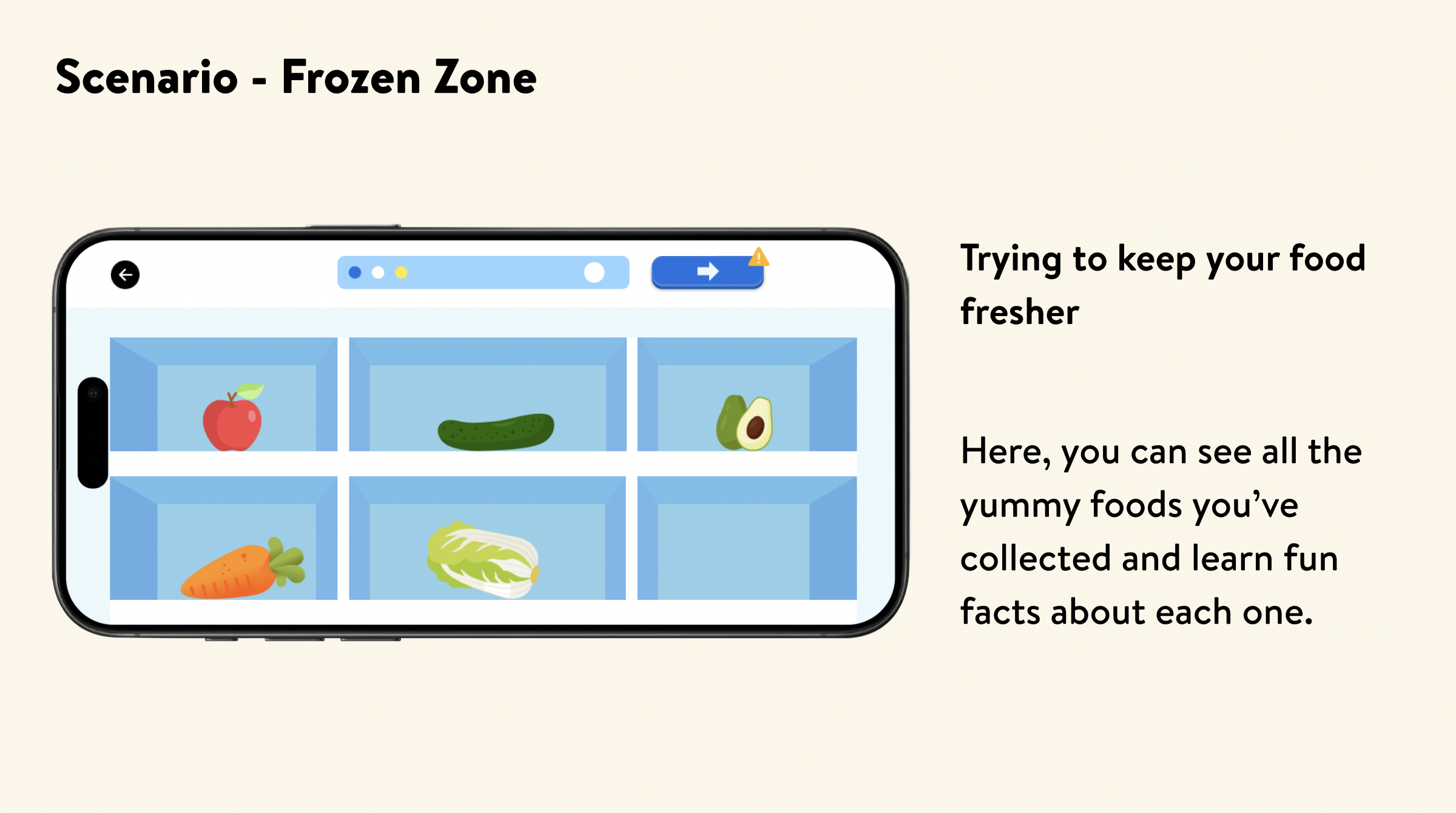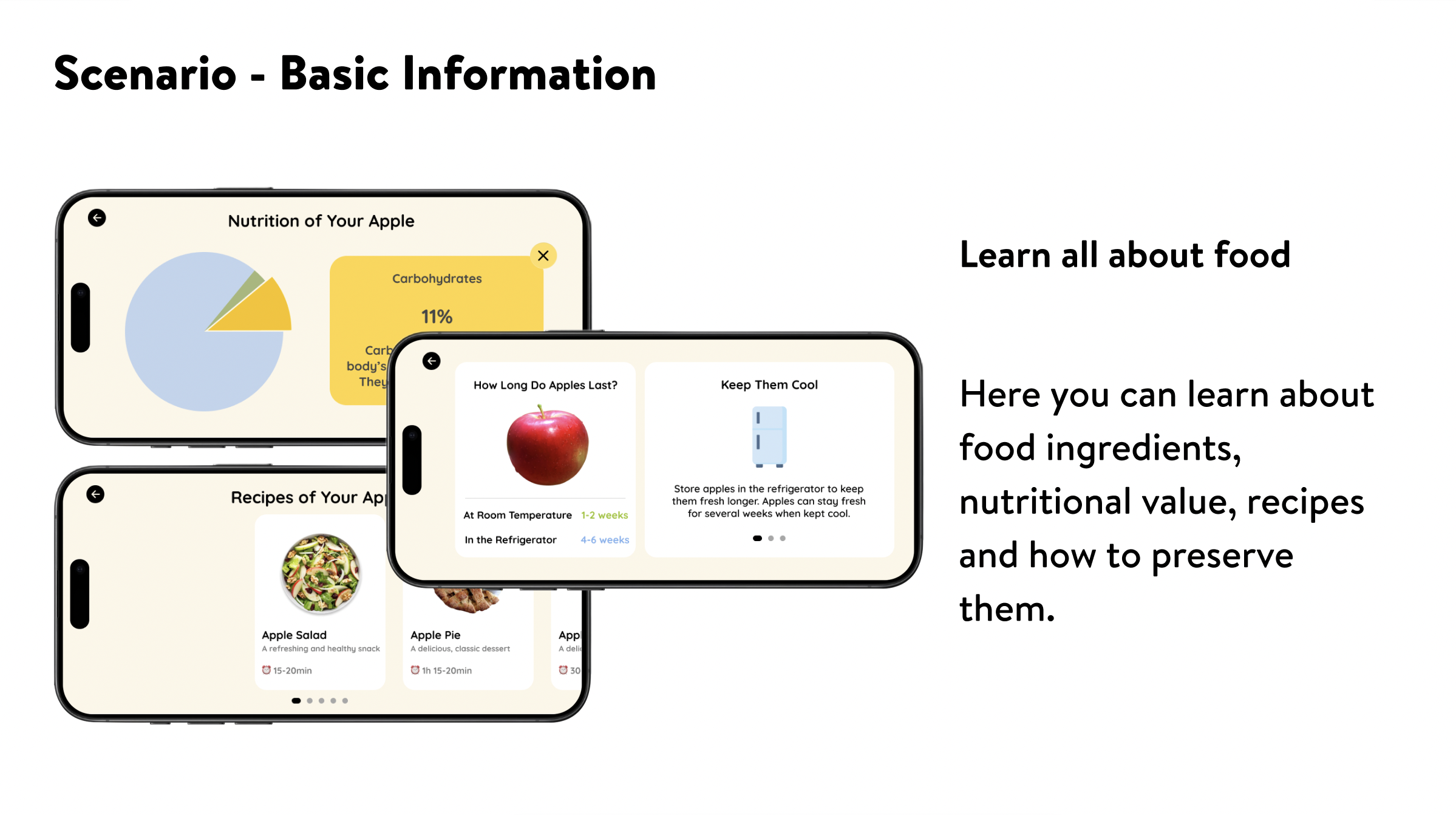Foodie
Gamified food education for kids through play, scanning, and gardening interaction.
What is Foodie?
Foodie is an interactive educational tool designed for children aged 7 to 12 to explore food, nutrition, and sustainability through hands-on engagement.
The project aims to address two growing challenges: the lack of food waste awareness in young children, and the increasing disconnection from nature caused by urbanization and screen dependence.
By combining scanning-based food exploration, gardening gameplay, and reward-based learning, Foodie empowers children to develop healthy eating habits, respect for food, and curiosity about how food is grown and preserved.
What Challenges Are Children Facing Today?
While global concerns about food waste are growing, many children remain unaware of where food comes from or why it matters. Urban life and screen time limit their connection to nature, and traditional education often fails to engage.
Children lack awareness of food waste and its consequences
Many children are told “not to waste food,” but lack a deep understanding of why.
Modern education seldom includes practical, emotional, or experiential learning about food value.
Kids perceive food as abundant and disposable, especially in urban contexts.
Urban lifestyle leads to disconnection from nature
Increasing screen time and limited outdoor activities result in Nature Deficit Disorder.
Children are missing hands-on engagement with soil, plants, or food origins.
55% of surveyed kids prefer screens over outdoor play; 51% rarely interact with nature on holidays.
Existing education lacks fun, interactivity, and personalization
Current food education is either parent-led preaching or textbook-style.
Kids crave gamified learning experiences like Plants vs. Zombies or Minecraft-style interactivity.
There’s a gap between what children enjoy and how food education is delivered.
User Research
Insights of user research
Study findings of children
• Children learn not to waste food from a young age, but often forget this lesson over time.
• Fast food is preferred over traditional or school meals.
• Despite parents’ efforts, children waste unappealing food.
• Interactive activities or gardening can make learning about food enjoyable for children.
Study findings of parents
• Parents know the seriousness of food waste and teach their children about it.
• Parents also provide a balanced diet, but children still waste.
• Parents believe that hands-on activities or gardening can change their children to be less wasteful.
• Support any educational programs to help children learn.
Target User
Our users are hands-on 7-12 year olds children, but often picky eaters with no understanding of agriculture and no respect for nature and food.
Persona
User Journey Map
How Might We…
How might we help children consciously value food, enjoy learning about it, find it meaningful, and build lasting habits of saving it?













